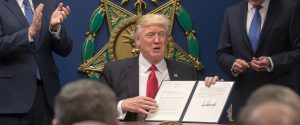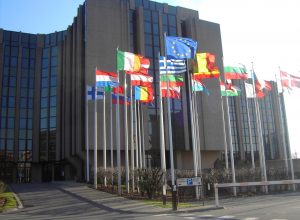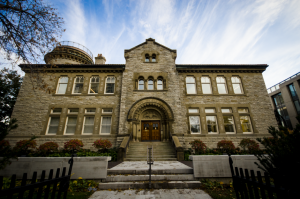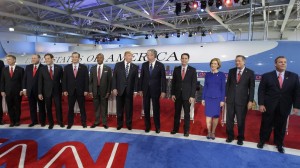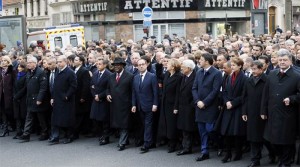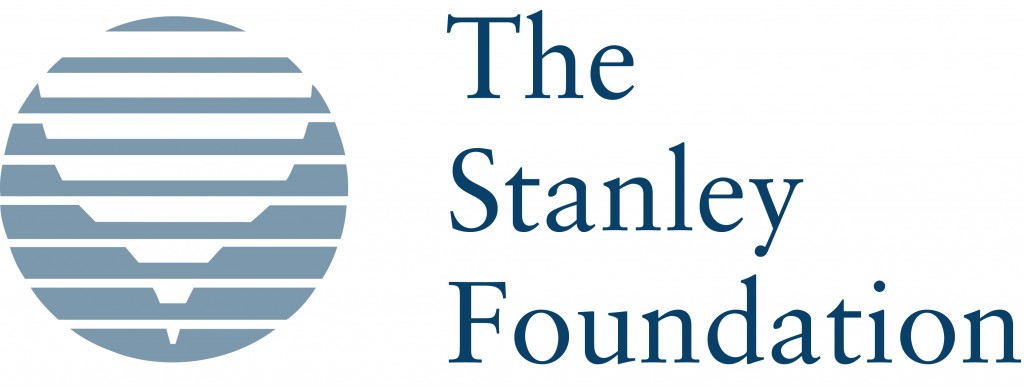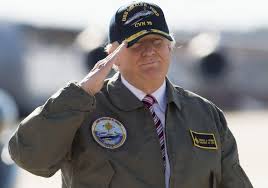
Trump’s ‘America First’ foreign policy is only very slowly being revealed. But this week will see an important addition. On Thursday and Friday President Trump will be meeting China’s President Xi Jinping. This meeting represents a crucial first meeting of the leaders though we have seen Secretary of State Tillerson in Beijing recently. But Tillerson remains an enigma and it is not at all clear that he has the ‘ear ‘ of President Trump. This week we will see Donald Trump at the center of American foreign policy making with arguably the most relationship in the global order.
We have been working hard at the Global Summitry Project to chronicle and evaluate the impact of Trump on the Liberal Order. Much of our effort can be seen at the Oxford’s journal, Global Summitry: Politics, Economics and Law in International Governance. The Journal is a partnership of the Munk School and the Rotman Management School. I am one of the Senior Editors there. We have just launched a new podcast series – ‘Shaking the Global Order: American Foreign Policy in the Age of Trump. Our first podcast episode, this an interview with Rory MacFarquhar a former Obama official, has just appeared. In celebration of the series, we have added the podcasts to iTunes and Soundcloud. Also, take a look at our analysis of Trump foreign policy: “Trump’s ‘America First’ foreign policy that its impact on the Liberal Order” that just recently appeared at the OUPBlog,
Where will Trump take the United States? And where will he take the Liberal Order? It remains an open question. Former Prime UK Minister, Tony Blair writing recently in the NYT about the politics of the centre and the challenges and pressures being experienced to both centre right and centre left parties raised the key issue:
The question is, will this be a temporary phase, perhaps linked to the aftermath of the 2008 financial crisis and Sept. 11, and will politics soon revert to normal, or has a new political age begun?

